Rough waterclover
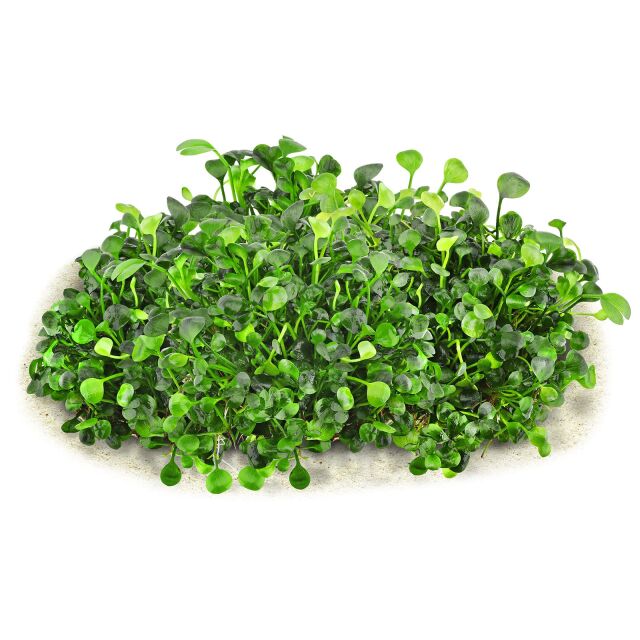
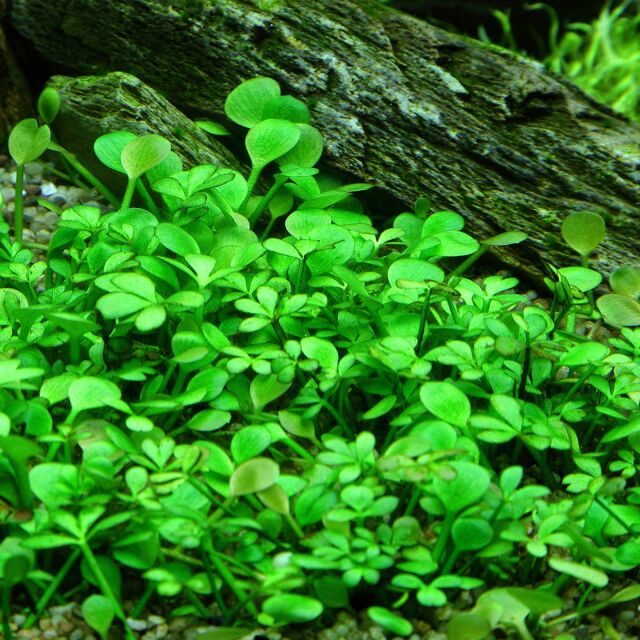
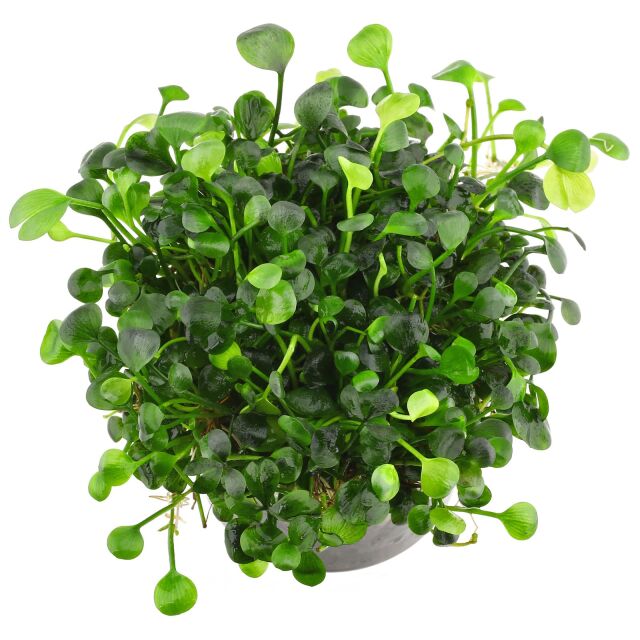
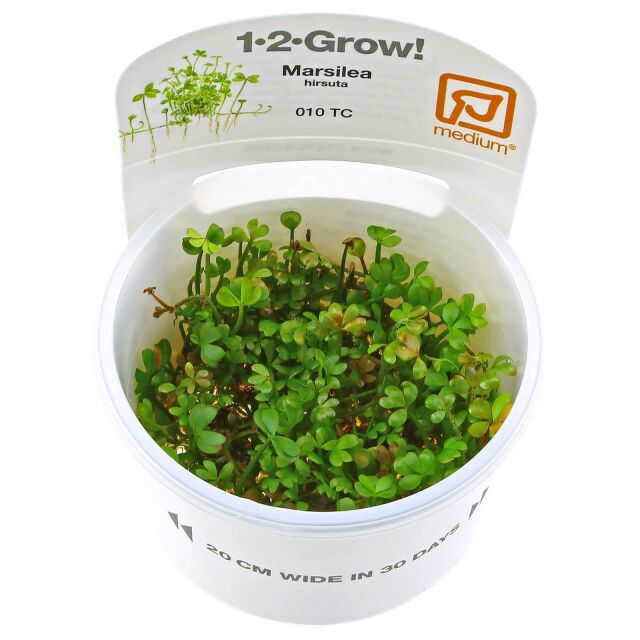
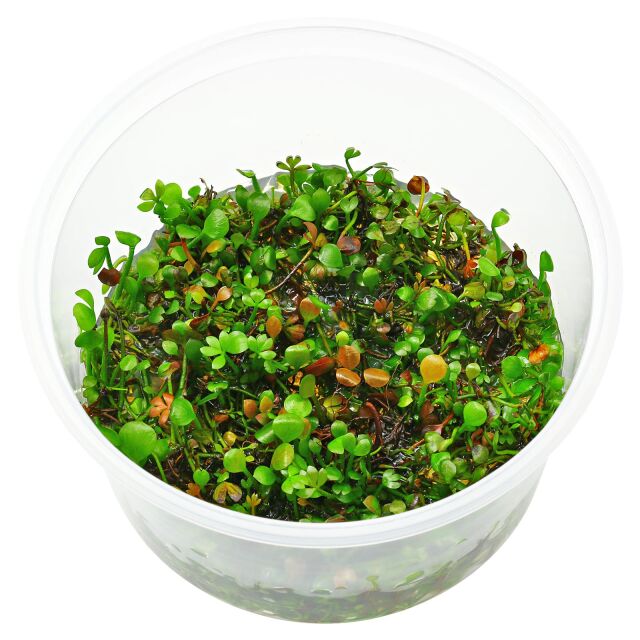


Marsilea hirsuta
Rough waterclover
- Robust ground covering plant
- Submersed leaves are roundish, on a stalk
- Aerial leaves look like four-leaved clover
- New leafes with brown color
Item question
We’re here for you!
Please enter your question and e-mail and we’ll contact you as soon as possible. It usually takes us up to 24 hours during business days to respond.
Thank you for your question!
Thank you, we’ll get in touch!
Close window
You already sent us a question.
Please wait a few minutes
Description
Marsilea hirsuta is a fascinating plant. It is often shipped with leaves that look like four-leaved clover. After an acclimation time its leaves change, though. Depending on the environment, it can assume a low growth habit with simple leaves looking like a large Glossostigma, however, it can also sprout leaves of different height divided into two, three or four parts, all depending on the conditions it grows in. No matter which form the leaves take, the plant will spread fast in your tank by runners.
New leafes of Marsilea have brown color. Those leafes are not rotten or dead.
The water clover Marsilea hirsuta is widely spread in Australia. It is mostly found in marshes and floodplains.
In trade, you often see the names M. crenata, M. hirsuta, M. exarata, M. drummondii and M. quadrifolia, however, it is not sure whether the respective plant was identified correctly. Most species of the genus Marsilea can only safely be identified in their emersed form by means of their sporocarps (spore-containing fruit).
Please see Marsilea spp.
| Common names | Hansen's Nardoo |
| Synonyms | Marsilea azorica Launert & Paiva |
| Complete botanical name | Marsílea hirsúta R. Br. |
| Family | Marsileaceae |
| Genus | Marsilea |
| Usage | Foreground, ground cover |
| Aquascaping | forms a small-leaved carpet |
| General hardness | 0 - 30°dGH |
| Propagation | Runners, Splitting, cutting off daughter plants |
| Can grow emersed? | yes |
| Source | Flowgrow |
| Common names |
| Hansen's Nardoo |
| Synonyms |
| Marsilea azorica Launert & Paiva |
| Complete botanical name |
| Marsílea hirsúta R. Br. |
| Family |
| Marsileaceae |
| Genus |
| Marsilea |
| Usage |
| Foreground, ground cover |
| Aquascaping |
| forms a small-leaved carpet |
| General hardness |
| 0 - 30°dGH |
| Propagation |
| Runners, Splitting, cutting off daughter plants |
| Can grow emersed? |
| yes |
| Source |
| Flowgrow |
How many plants do I need?
General information
| Item no. |
|
| EAN | 8715897040818 |
| Weight | 0,10 kg |
| Shipping weight | 0,10 kg |
Customers ask customers
You have questions about this product? Ask other customer or our support team about this product!
Customer reviews
15 Reviews
| 5 Stars(11) |
|
| 4 Stars(3) |
|
| 3 Stars(0) |
|
| 2 Stars(1) |
|
| 1 Star(0) |
|

Unursual look with different ish types of leaves on the same plant.
Grows really nice for me even in lower lighting with co2.
Love it!
Arrived in exilent condition.
Thank you!

Ordered 3 of these, and they all arrived in great condition and fast. The packaging was really good, will order more plants from Aquasabi in the future for certain.

Most of the leaves were brown, and Aquasabi says new leaves should be brown, but all the new leaves I have grown under water are green. (read more)